
We at Cokinos | Young hope that you, your family members, and your loved ones, are doing as well as can be during these difficult times, as the Coronavirus impacts our communities. We want to make sure that we keep our valuable friends and clients aware of how Cokinos | Young is responding to the situation.
While our offices throughout the Great State of Texas and California have been impacted to varying degrees, we want you to know that we have taken every precaution recommended by the CDC and more. We have Policies relating to travel and self-quarantine. We practice social distancing in our offices as we still have core teams of Attorneys and staff hard at work. We routinely clean and sanitize our work areas and common areas throughout the day. Professional services disinfect and sanitize our common areas and frequently touched surfaces (ie. door handles, tables) daily. We do this to keep our staff and the public safe, but we also do this because our clients mean everything to us.
Our team uses technology to our advantage to transcend any impacts from the Coronavirus. We continue to teleconference, conduct video depositions and attend court hearings via video or telephonically. We continue to meet through personal, phone and video on any meeting entrusted to us. Our document management system is secure, encrypted and cloud-based to allow our team of talented professionals to continue to work in our office or remotely to continue to provide our clients with the best possible outcome wherever.
In short, we continue to provide a safe, healthy, and sanitary work environment for our staff and clients who choose to come to one of our office locations. We are committed to our clients, and shall remain so. Please stay vigilant and safe in these uncertain times. And please feel free to contact us if you have any matters that need our attention or guidance, or if you need help in any way. In the meantime, stay informed by visiting the CDC website www.cdc.gov for the latest updates on the coronavirus, and visit us at www.cokinoslaw.com for the latest information for our clients on legal issues concerning the Coronavirus. We have just posted guidance as to the Families First Coronavirus Recovery Act, signed late yesterday by the President. You can read about it by clicking here.
Additional Coronavirus Articles
Families First Coronavirus Response Act:
What Does It Mean
Read Article
Covid-19 and Force Majuere
Read Article
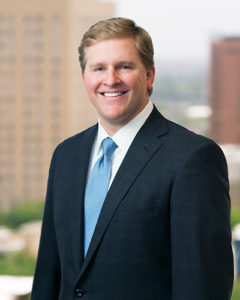 John Warren was selected as a Rising Star in Construction Litigation. John is a principal in the Houston office of Cokinos | Young and this is his fifth Rising Star recognition since 2015.
John Warren was selected as a Rising Star in Construction Litigation. John is a principal in the Houston office of Cokinos | Young and this is his fifth Rising Star recognition since 2015.  Christopher Wan was selected as a Rising Star in Construction Litigation. Christopher is an attorney in the Houston office of Cokinos | Young.
Christopher Wan was selected as a Rising Star in Construction Litigation. Christopher is an attorney in the Houston office of Cokinos | Young. 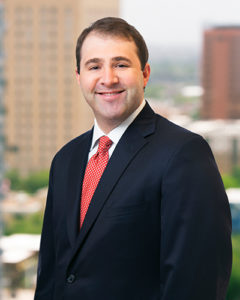 C. Matthew Thompson was selected as a Rising Star in Construction Litigation. Matt is an attorney in the Houston office of Cokinos | Young.
C. Matthew Thompson was selected as a Rising Star in Construction Litigation. Matt is an attorney in the Houston office of Cokinos | Young. 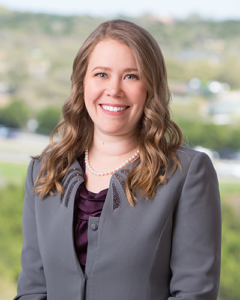 Lauren Aldredge was selected as a Rising Star in Civil Litigation and was also included in the Super Lawyer’s Women’s Edition. Lauren is an attorney in the Austin office of Cokinos | Young.
Lauren Aldredge was selected as a Rising Star in Civil Litigation and was also included in the Super Lawyer’s Women’s Edition. Lauren is an attorney in the Austin office of Cokinos | Young.  James S. Richards was selected as a Rising Star in Civil Litigation. James is Senior Counsel in the Houston office of Cokinos | Young.
James S. Richards was selected as a Rising Star in Civil Litigation. James is Senior Counsel in the Houston office of Cokinos | Young. 

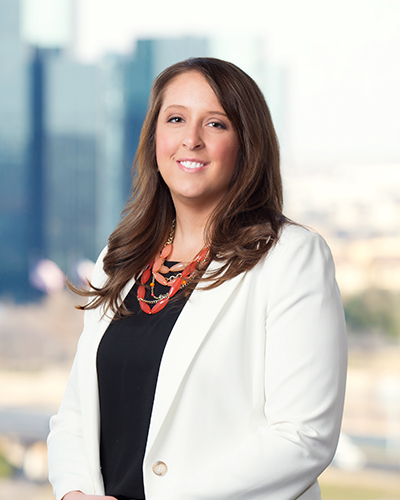
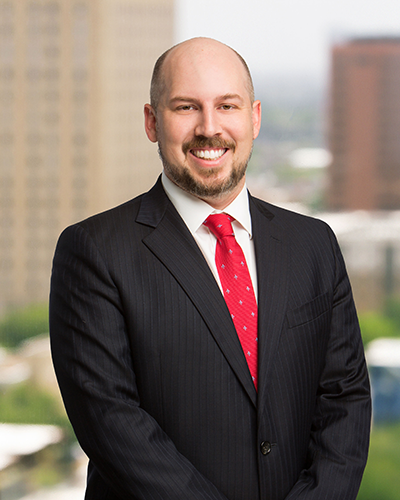
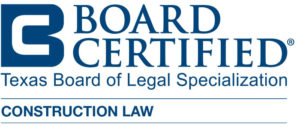
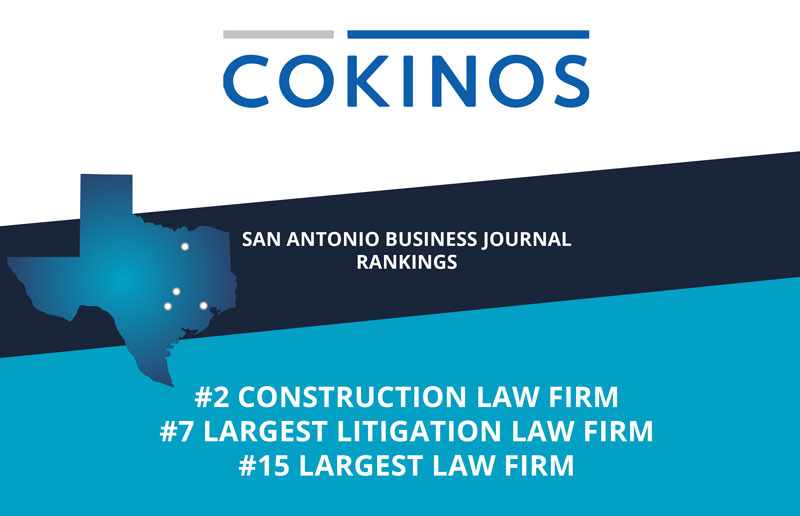
 Cokinos | Young is pleased to announce that the firm has been ranked as a Tier 1 “Best Law Firm” by U.S. News and Best Lawyers®. Firms included in the 2020 “Best Law Firms” list are recognized for professional excellence with persistently impressive ratings from clients and peers. Achieving a Tier 1 ranking signals a unique combination of quality law practice and breadth of legal expertise.
Cokinos | Young is pleased to announce that the firm has been ranked as a Tier 1 “Best Law Firm” by U.S. News and Best Lawyers®. Firms included in the 2020 “Best Law Firms” list are recognized for professional excellence with persistently impressive ratings from clients and peers. Achieving a Tier 1 ranking signals a unique combination of quality law practice and breadth of legal expertise.
Recent Comments